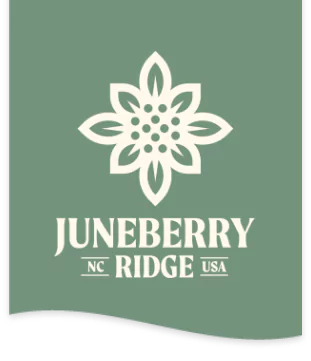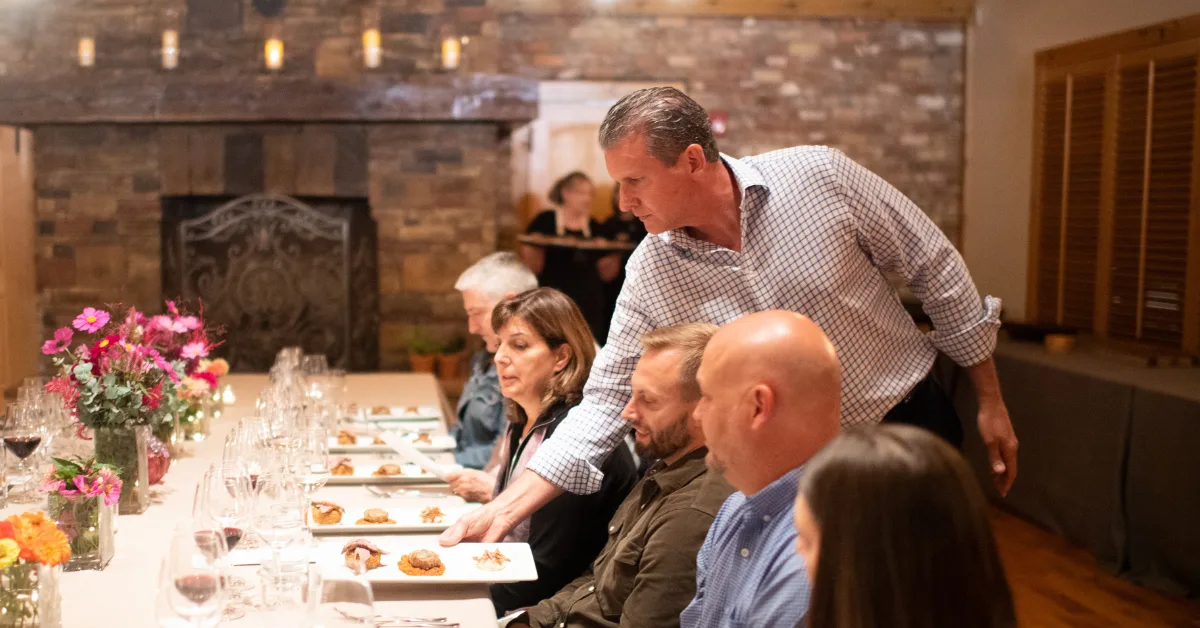I have always loved the story behind the food.
Through the course of about 20 years working in the hospitality industry, I worked with people from many different countries and cultures, all brought together by a shared love of food. It was a way to explore and learn more about the world. So the stories behind the ingredients we were using and tasting were always important.
Over the years, I experienced some extraordinary stories.
In the course of my hospitality career, I worked to deliver some of the most high-end culinary experiences one can find, and I was fortunate to be able to source the products from anywhere on the planet. My kitchens often served extraordinarily rare and remote items – such as:
- Scottish hare, hunted in the wild just days earlier, then flown across the ocean by private jet and served with the meat still fragrant of the heather it had feasted on.
- Japanese eel from Lake Hamana that arrived alive and glistening, transported with techniques similar to those used by hospitals to ship live organs for transplant.
- Da-Hong Pao tea harvested from high in the Wuyi mountains of China from one of only 6 mother trees that are known to exist on the planet.
Those are indelible experiences, but the reasons I got into hospitality were always more simple.
I attended grade school in a small farming town in central Illinois. On sunny days I could stroll along a corn field soaking in the same sun and air that nourished those crops. I had an aunt and uncle who owned a dairy farm, and during the summers I would work and learn and play there. I had an early connection to the soil and seeing where my food came from. It came from the same place I did.
My very first conversation at Juneberry awakened powerful memories of my past.
Much like the uncommon ingredients I often served, my culinary career brought me far from home, but never far from my passion for home-grown ingredients. The opportunity to work with the extraordinary ingredients grown right here at Juneberry Ridge is exciting. It wasn’t hard to convince me to join a team of people committed to a vision for connecting regenerative agriculture with holistic hospitality experiences.

To change the way the world grows, we must also change the way the world eats.
Some people did point out that going from the high-end culinary world to a working regenerative farm was an unusual move, but it was just as exceptional to me that the people at Juneberry so completely embraced me. They are immersed in letting nature lead, and absorbing the lessons of the science and the soil. My training and professional track could have made me the ultimate outsider to the farm team; I spent my whole career curating high-end experiences that created a literal distance from where the food was grown. Instead, the team welcomes my ideas and perspectives. Our conversations about the relationship between farm, kitchen, and guest are shaping every experience at Juneberry – and hopefully, in a small way, the future of food.
Those conversations reinforce the interconnected nature of this place.
The people who come to here connect, learn, and reinvigorate play an essential role in our vision for a regenerative future, and every meal we serve is an opportunity to showcase what we are doing and bring more people into the richness of regenerative farming. I see this as the pinnacle of what food should be. Everything on our plate is close to home. We know where it came from. We know the people who grow it, and have shaken their hands.

Tomato jam: Something traditional becomes something new.
During one of our conversations between kitchen and farm, we decided to increase our use of heirloom tomatoes, and as is often the case, it worked out incredibly well, although not exactly how we expected. Our chefs found that these incredibly flavorful fruits could also be a burden on the workflow in the kitchen. They are small and time consuming to process. So we found another way to bring them onto the plates we serve – and to yours. Taking the time to reduce them and accentuate their flavors, we produce jars of tomato jam that can add bright flavor to many savory appetizers and main courses.
A traditional treasure with a local touch: Cassoulet.
My personal culinary tastes run to French classics, and one of my very favorite dishes absolutely comes to life with the ingredients we create right here on our farm. Cassoulet is a slow-cooked stew of a blend of beans and meats, spiced with garlic and herbs. When we make it here, we use heirloom beans, housemade sausage, and duck raised in our regenerative surroundings. Every bite takes me back to some of my most formative experiences in the Loire Valley in France, while also making me feel deeply connected to the wonderful place I live and work now.

We work together to elevate the ingredients.
Over the last many months, the collaboration between our kitchen and our farm team has fueled an expansion of what started as a modest chicken and duck operation to a diversified and productive bird workforce numbering more than one thousand birds. Similarly, we have gone from just 3 pigs to having more than 30, and we’re on track to get to 300 through this year. Our long-term plan is to have robust flocks and herds with a mix of breeds that all fit in with our regenerative processes. We are inspired by our neighbors at Braeburn Farm and Reverence Farms who are very successful suppliers of grass-fed and regeneratively raised meats. They were our source for heritage turkeys last Thanksgiving, which inspired us to seek out Heritage Bronze birds of our own.

This is more than knowing the story behind the food. It is having a role in that story.
Sustainably produced food from our own farm and from our partners makes our dishes more than just a meal. Great ingredients produce more than great dishes, they spark important dialogue. The conversation and collaboration that goes into each meal is just as important as the farm-fresh ingredients themselves. I hope you’ll join us soon for a farm dinner at Juneberry Ridge this year, and please do ask us about every ingredient, we look forward to sharing it all with you.
Two great ways to experience David’s programing.
Explore our monthly dinners or our brunches every other Sunday.


